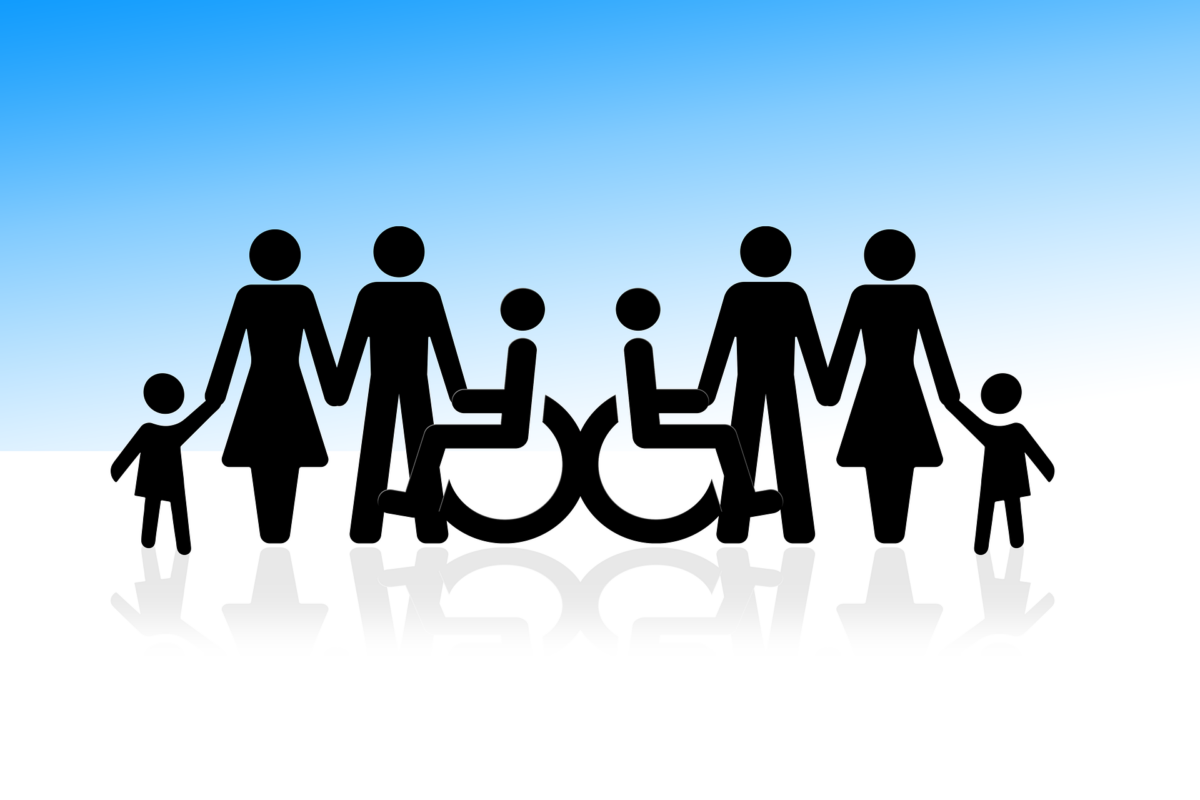The coronavirus pandemic creates risk scenarios for Americans well beyond becoming infected with COVID-19. If you are close to retirement age and recently lost your job, there is a good chance you may not find work again. The Great Recession (2007-2009) saw workers aged 62 and more were about half as likely to become re-employed compared to those in the age group of 25 – 34. The Becker Friedman Institute for Economics at the University of Chicago finds, more than four out of ten jobs lost during the pandemic may never come back, pushing many pre-retirees into early retirement. For many, this means an unexpected shortage of cash. As retirement can last a long time, you should proceed with caution about finding ways to supplement cash flow if you have lost your job. So should you take your Social Security Benefits Early?
The first determination you will need to make is how big of a financial loss your job income creates compared to your monthly bills. Once you establish your shortfall number, look to other sources of income to replace it before taking social security benefits early. You may have enough of a financial cushion to tap other resources, or perhaps your spouse is able and willing to cover all of the monthly expenses. If not, and you have lost your job, file for unemployment immediately for some much-needed cash to pay your bills and keep looking for another job. Although collecting unemployment is a short-term fix, it provides some needed relief as you assess the best way forward.
Federal legislation offering economic stimulus to combat the economic fallout due to the coronavirus in the form of the Coronavirus Aid, Relief, and Economic Security Act (CARES) can help augment lost income. If you are 55 years old or more and lost your job, you may withdraw from defined contribution retirement plans, like a 401(k) without an early withdrawal penalty in the year 2020. CARES then allows three years for you to either pay back the money or pay the taxes. Some former employers will permit you to take a 401(k) loan, and the limit on retirement account loans has been increased from 50,000 dollars to 100,000 dollars with payments on existing and new loans capable of being deferred for one year. So, in the case of a two-income family where one spouse has lost a job, the employed spouse could take a loan to get through this difficult economic time.
However, tapping early into your social security benefits may be your only option. The biggest downside of benefits before full retirement age, which is 66 or 67 depending on the year you were born, is that you will receive a lower monthly benefit that, over time, will cost your money. For example, taking social security at the earliest age of 62 would reduce a full retirement age monthly benefit of 1,000 dollars to 700 dollars, which is a significant 30 percent less. You also forgo an annual social security payout rise of 8 percent for each year past full retirement age up until the age of 70. The Social Security Administration (SSA) puts taking early benefits into perspective with the following example: In the year 2020, the maximum benefit for age 62 is 2,265 dollars a month, at 66, it is 3,011 dollars, and at age 70 it is 3,790 dollars. In this example, an eight-year delay of benefits nets you an additional 1,525 dollars.
If you are fortunate and land a job soon after you began to take your social security benefits, there is good news. Some options enable you to boost your monthly benefit even if you started receiving payments early. According to Kurt Czarnowski, a 34-year employee of the SSA and now a principal at Czarnowski Consulting in Norfolk, MA, “People need to understand that the decision to start collecting social security benefits early doesn’t have to be an irrevocable one. Social security enables them to tap into and receive a revenue stream to help them through periods of job loss.” If you become rehired within a year of taking benefits early, you can request that the SSA undo your application. The process is called “withdrawal,” and it halts benefit payments allowing you to re-apply later. The only stipulation is that you must repay all the benefits you and your family receive back to the SSA, and per the rules, you may only withdraw like this once per lifetime. This situation is a great option for a worker who gets a pink slip but then recovers with a high salary job enabling them to repay benefits already received.
Explore all of the available options before deciding to tap into your social security benefits early. With few exceptions, your decision will be a once in a lifetime choice and impact you and your reliant family members. If you can come up with other strategies that can fill the income gap without high-interest rates or huge penalties, look carefully at these options first. There are a lot of financial tradeoffs to consider. In the case where you must claim your social security benefit early, the federal system is designed as a social safety net. It is there to get you through tough times. Remember that you have been paying into the system for decades. If you need social security sooner than later as a critical lifeline, take it.
If you have questions about your own situation, we would be happy to help. (207)848-5600 or email info@weatherbeelawoffice.com



